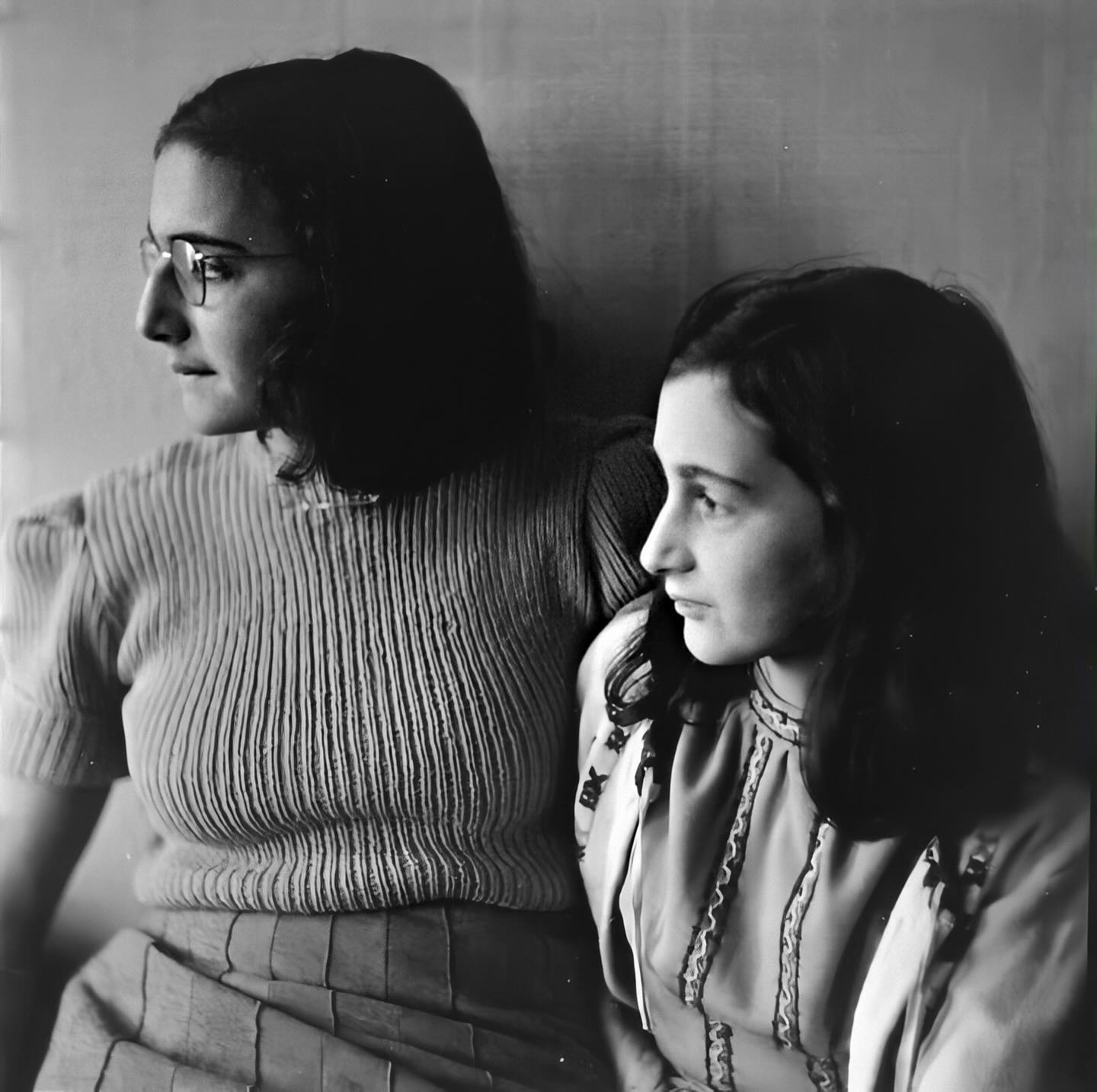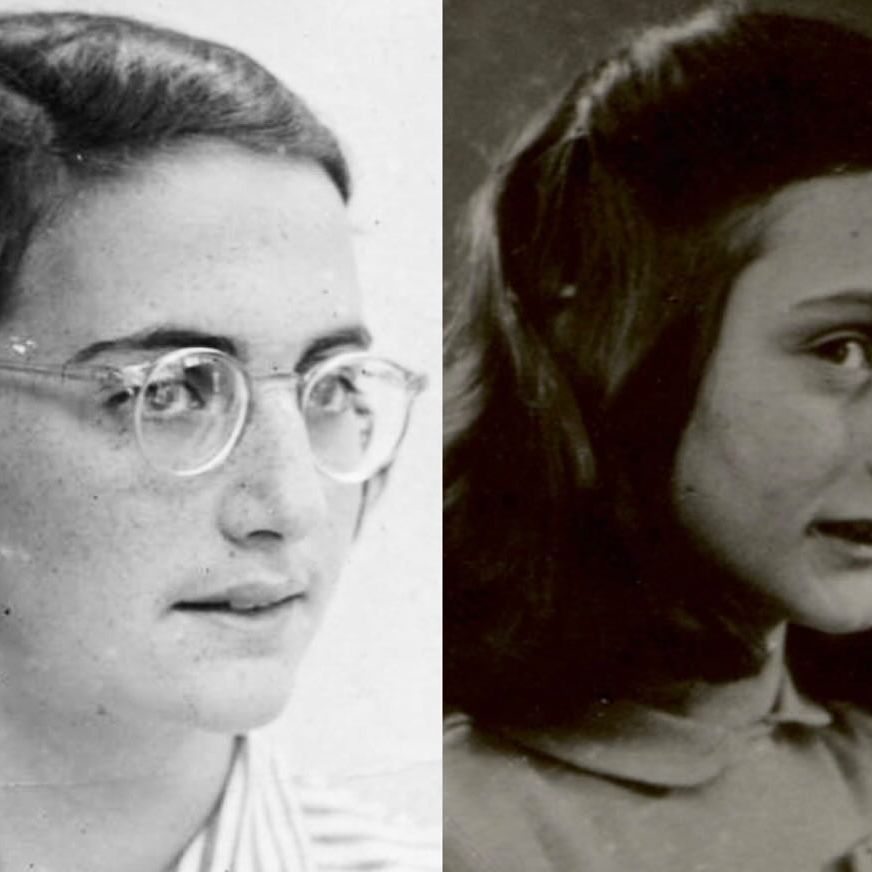The Last Days of Bergen-Belsen
On April 15, 1945, the British army liberated the Bergen-Belsen concentration camp. For the exhausted and starving prisoners, it should have been a moment of triumphant hope. But what the soldiers found was a scene of unimaginable horror. More than 13,000 people died after the liberation, a stark and brutal testament to the conditions that had ravaged the camp.

The camp was a cesspool of human suffering. Extreme overcrowding, a complete lack of food and water, and unspeakable sanitary conditions had created a perfect breeding ground for disease. In the first few months of 1945, a wave of typhus, tuberculosis, typhoid fever, and dysentery swept through the camp, claiming the lives of tens of thousands.
Among those victims were Anne and Margot Frank.
After their capture from the Secret Annex, they were transported to Bergen-Belsen. They endured the camp’s unspeakable conditions, only to succumb to typhus just weeks before the liberation. Their bodies were never given a proper burial. They were instead laid to rest in one of the camp’s anonymous mass graves, their final resting place lost to history.

The story of Bergen-Belsen is not just a tale of liberation; it is a tragic narrative of what was lost. Anne and Margot Frank, along with countless others, came so close to freedom, only to have it snatched away at the very last moment. Their deaths stand as a heartbreaking symbol of the immense tragedy of the Holocaust, a reminder that the cost of liberation was often immeasurable, even for those who survived the longest.

